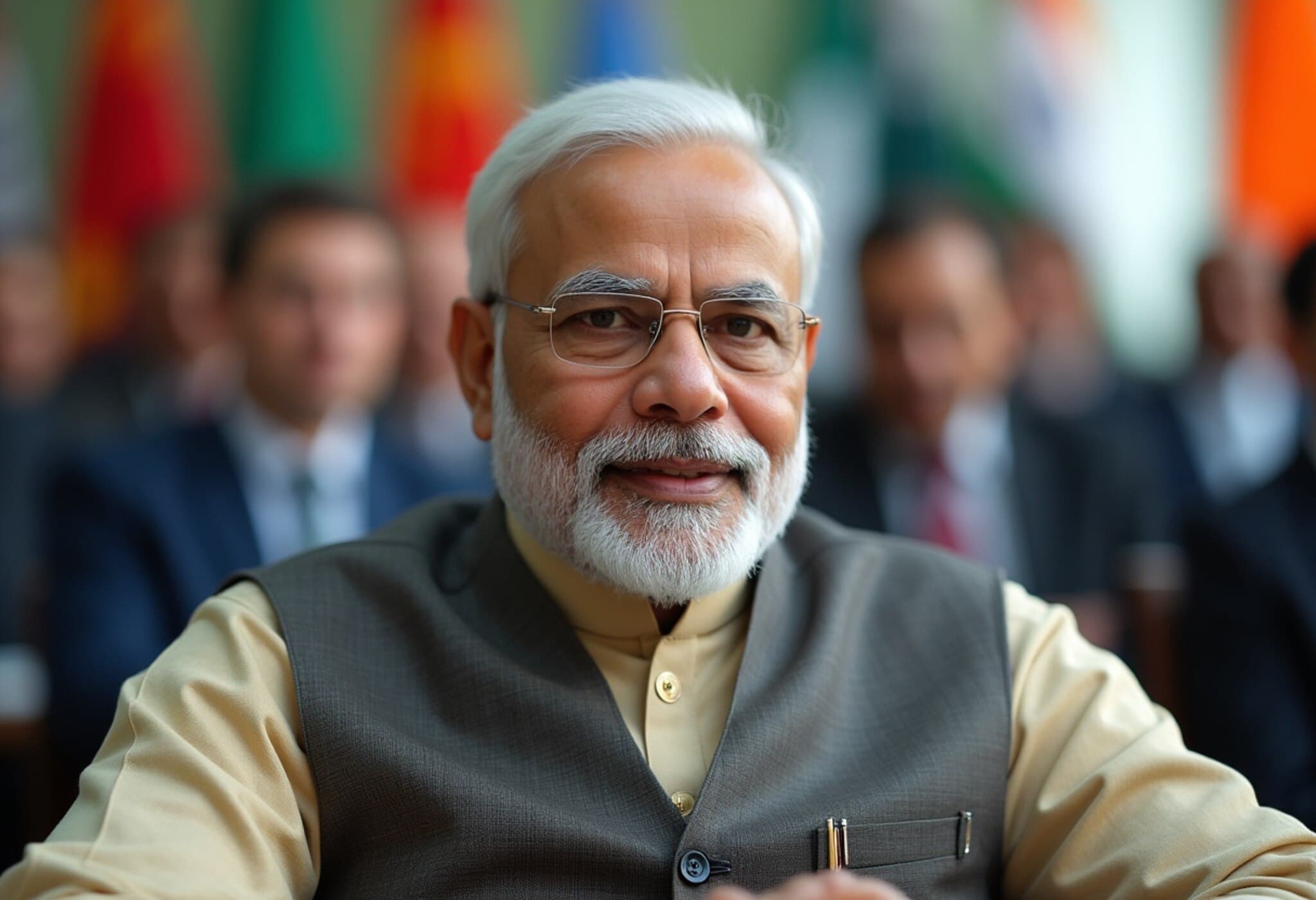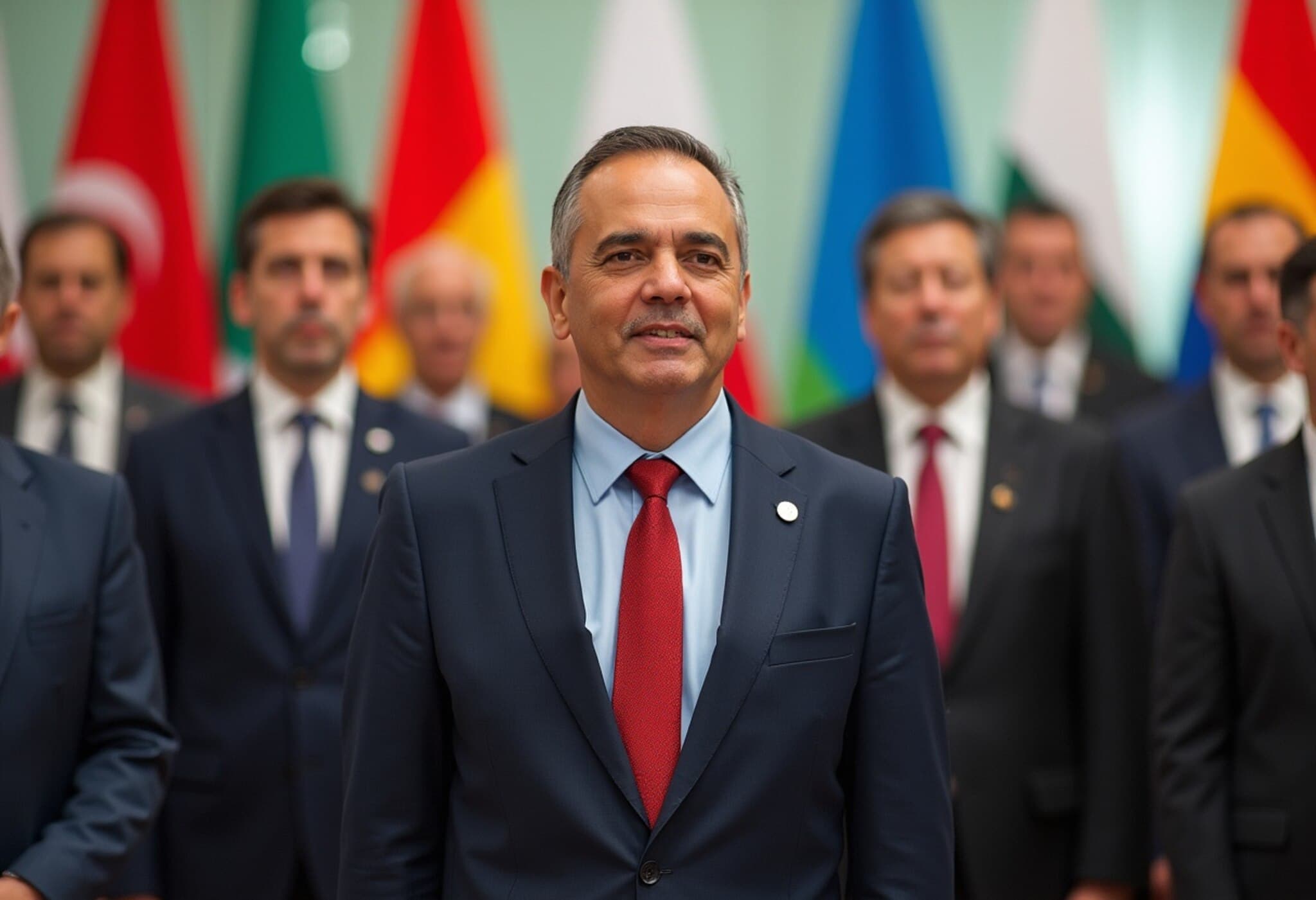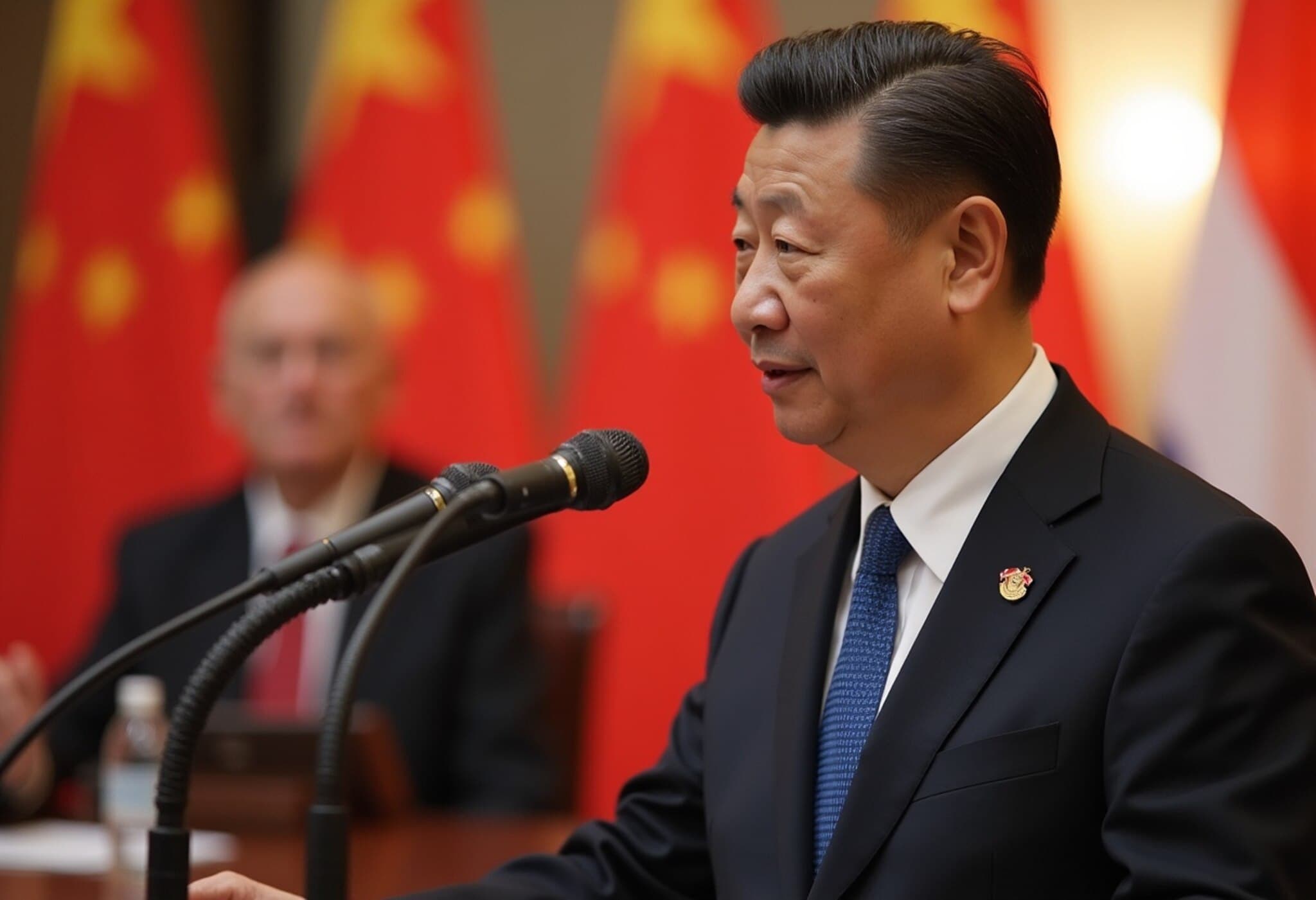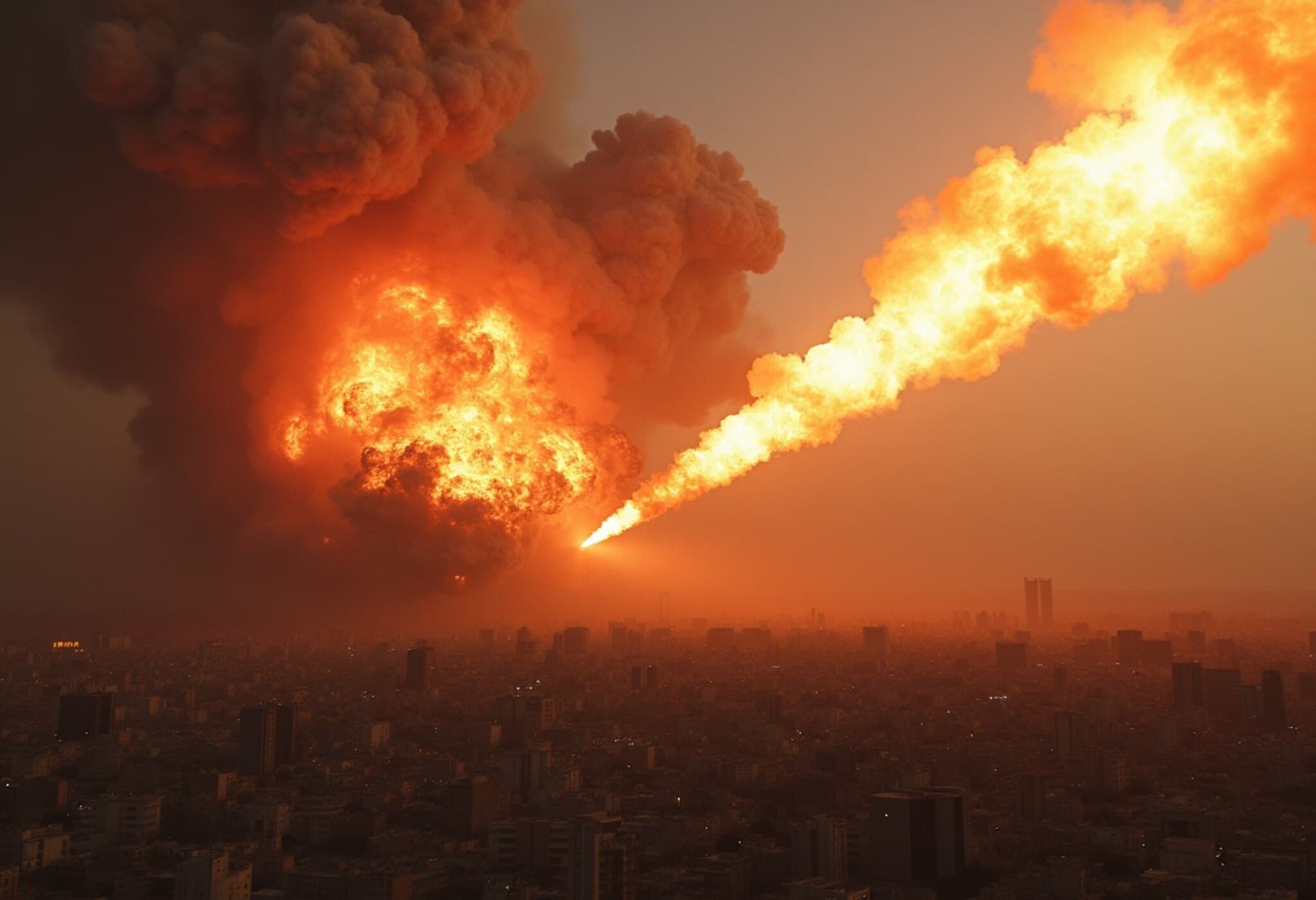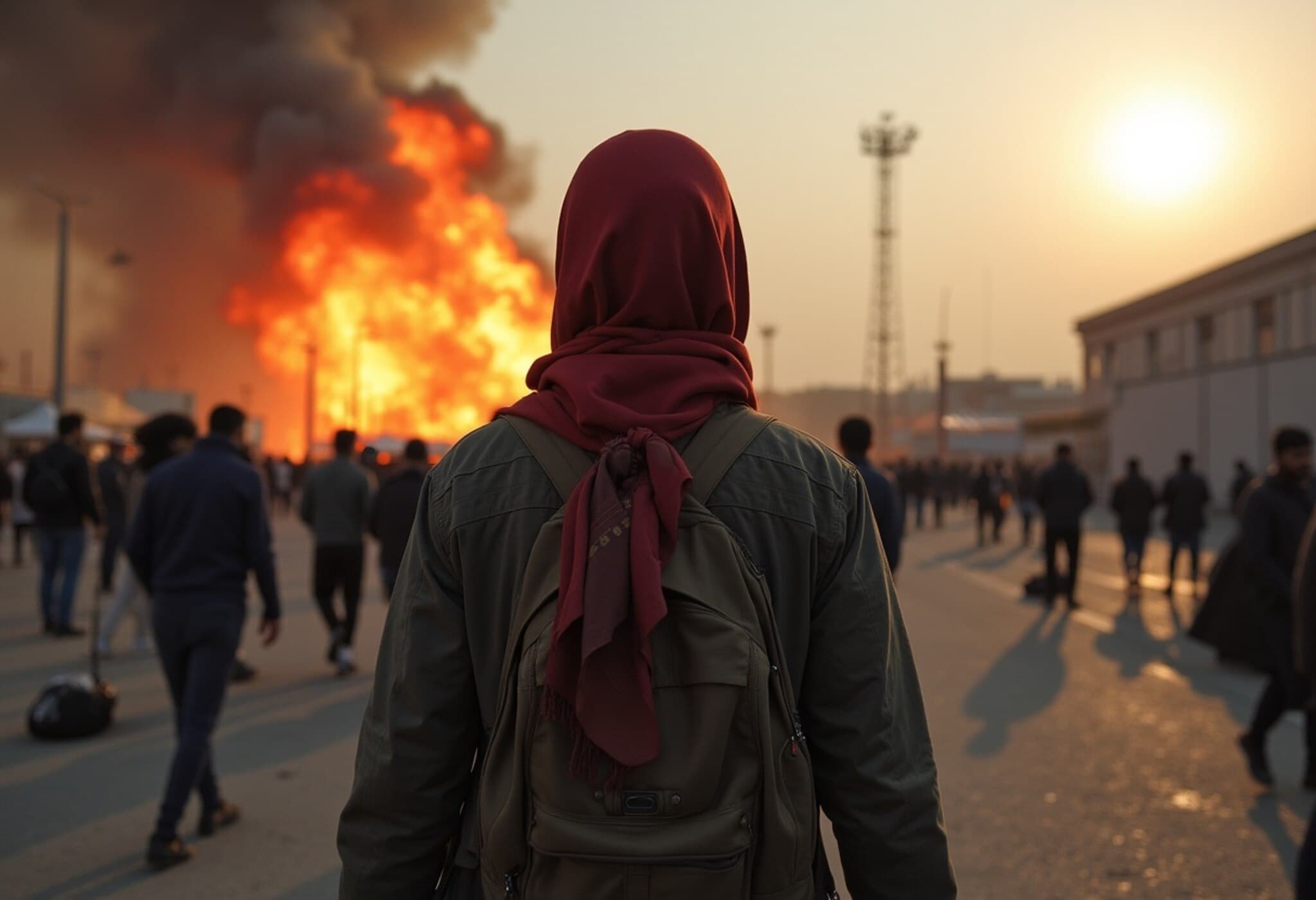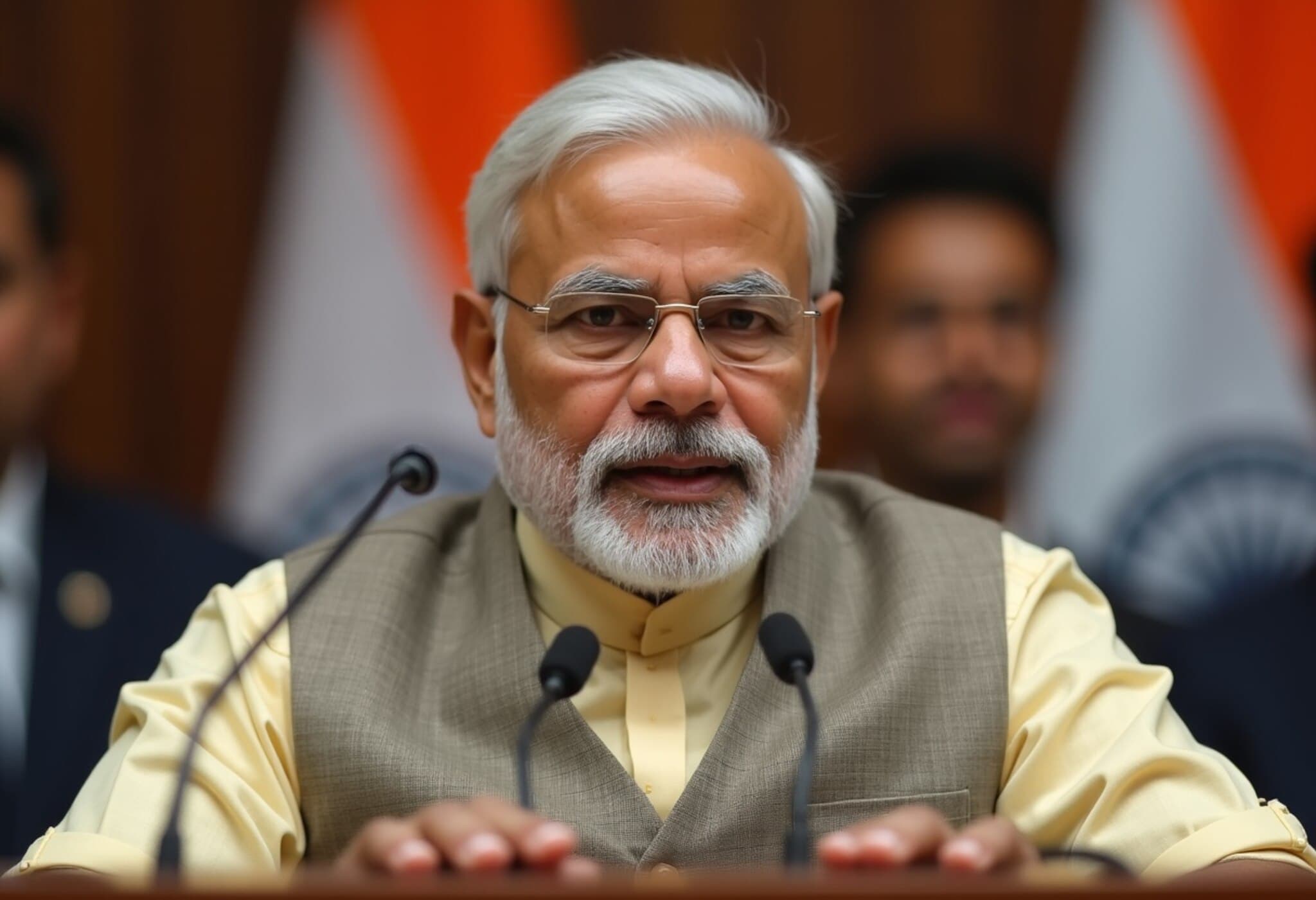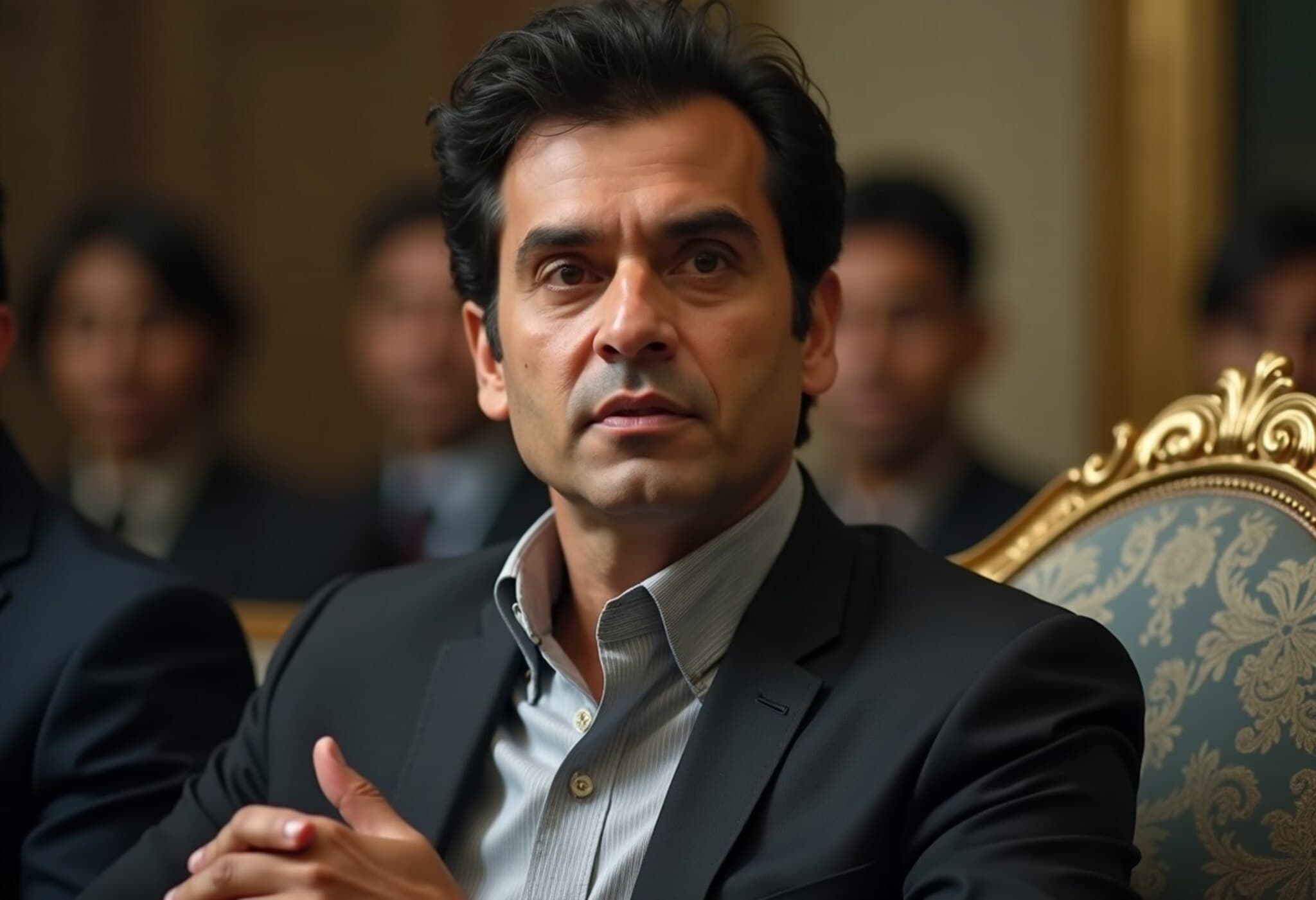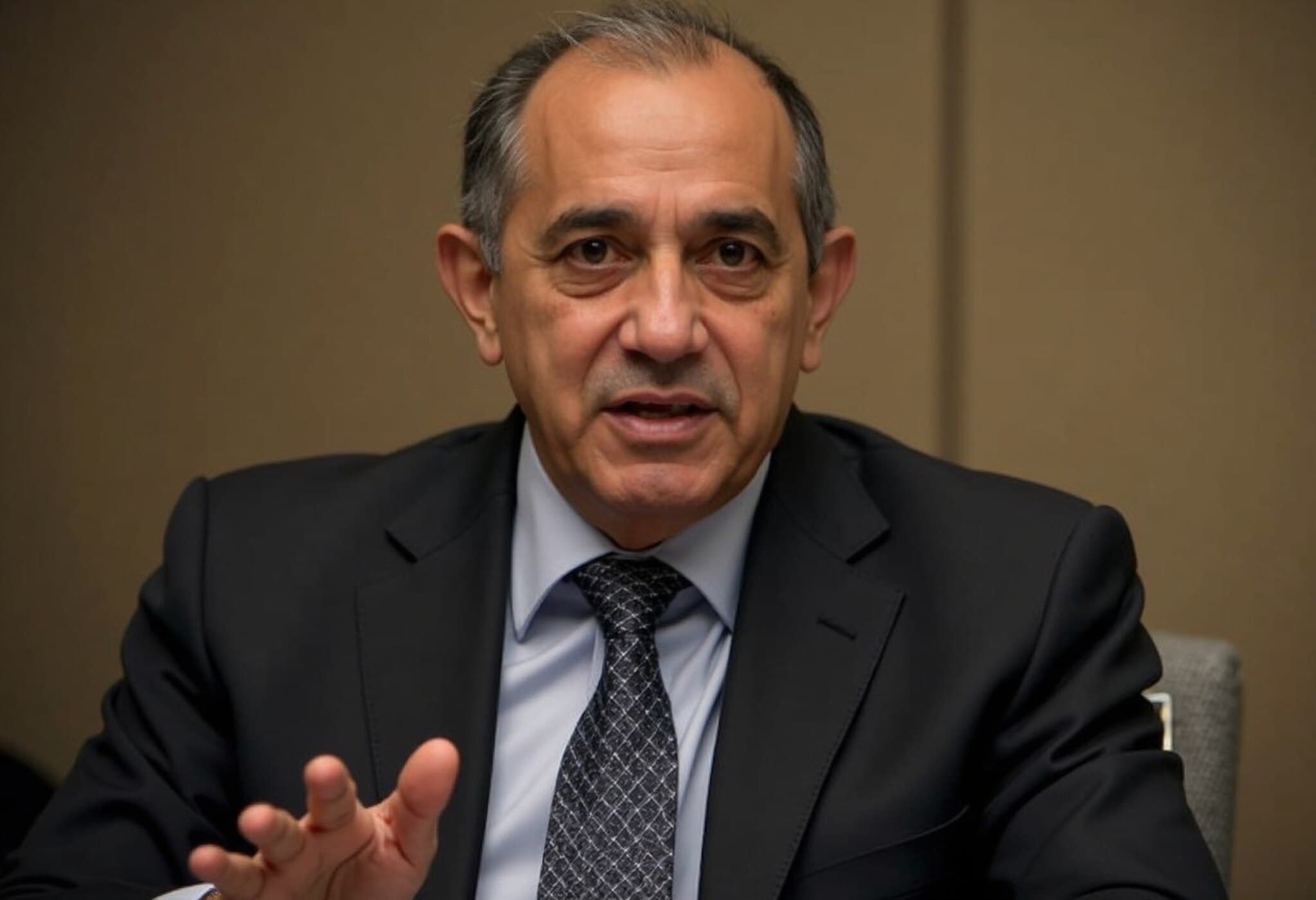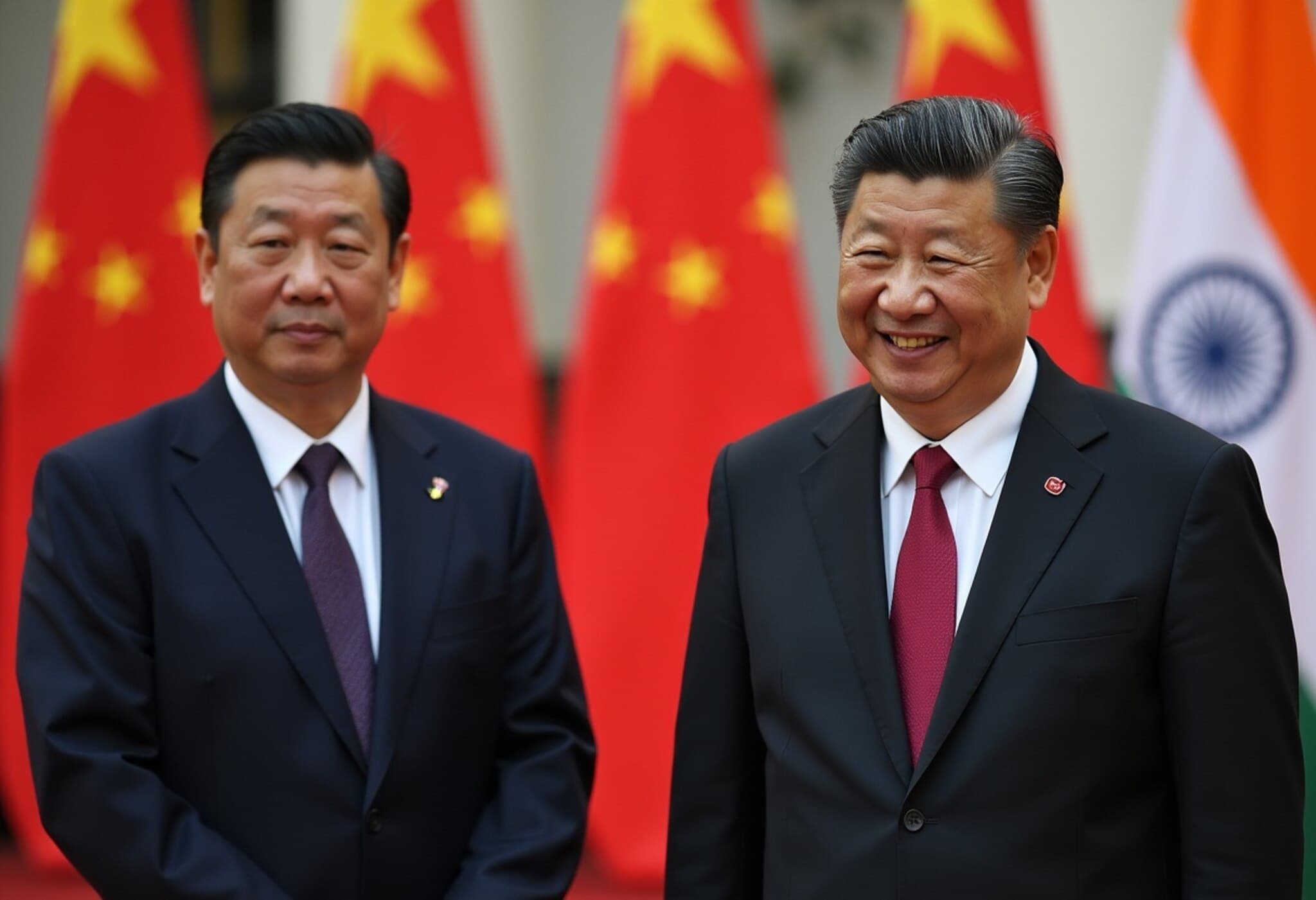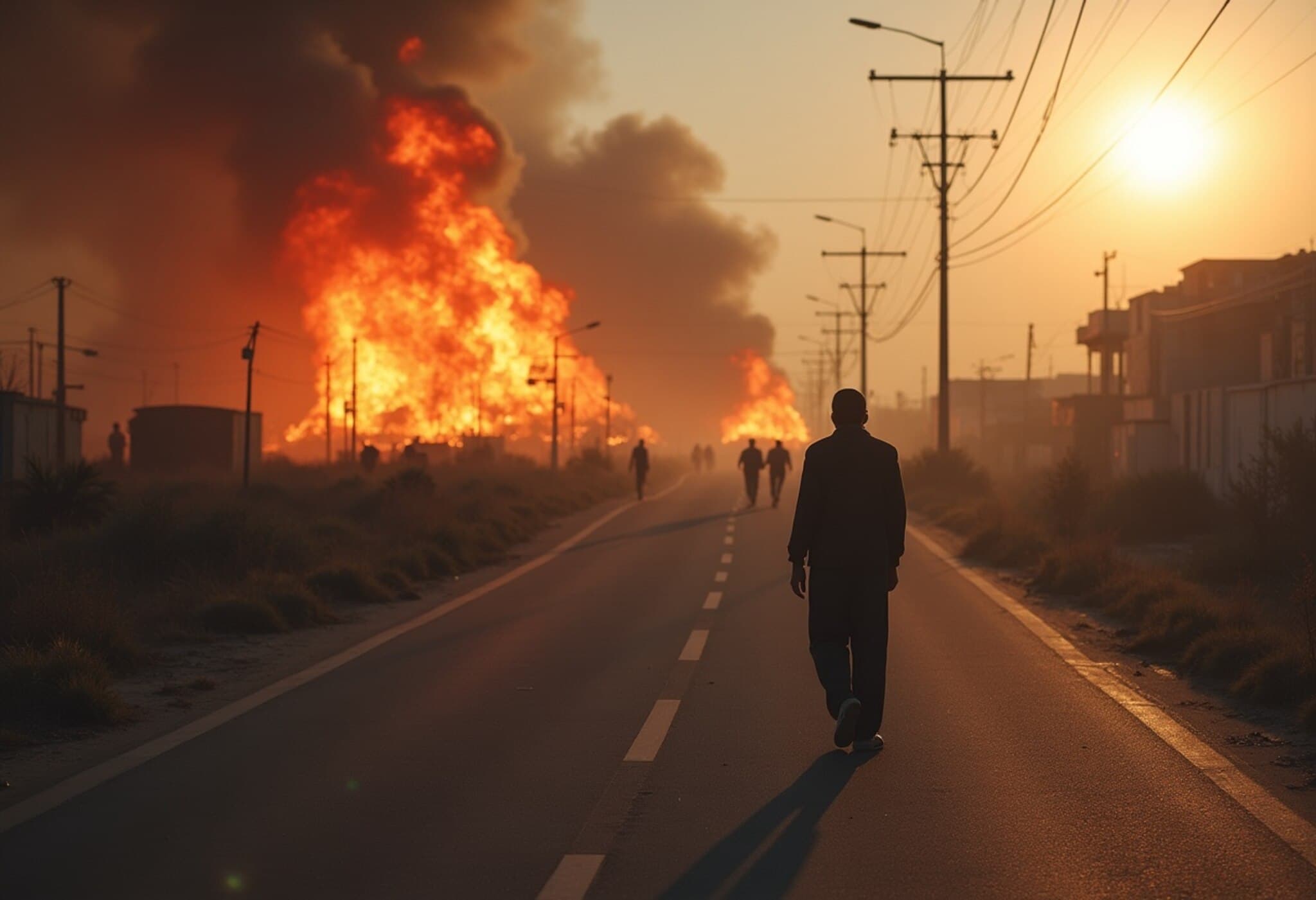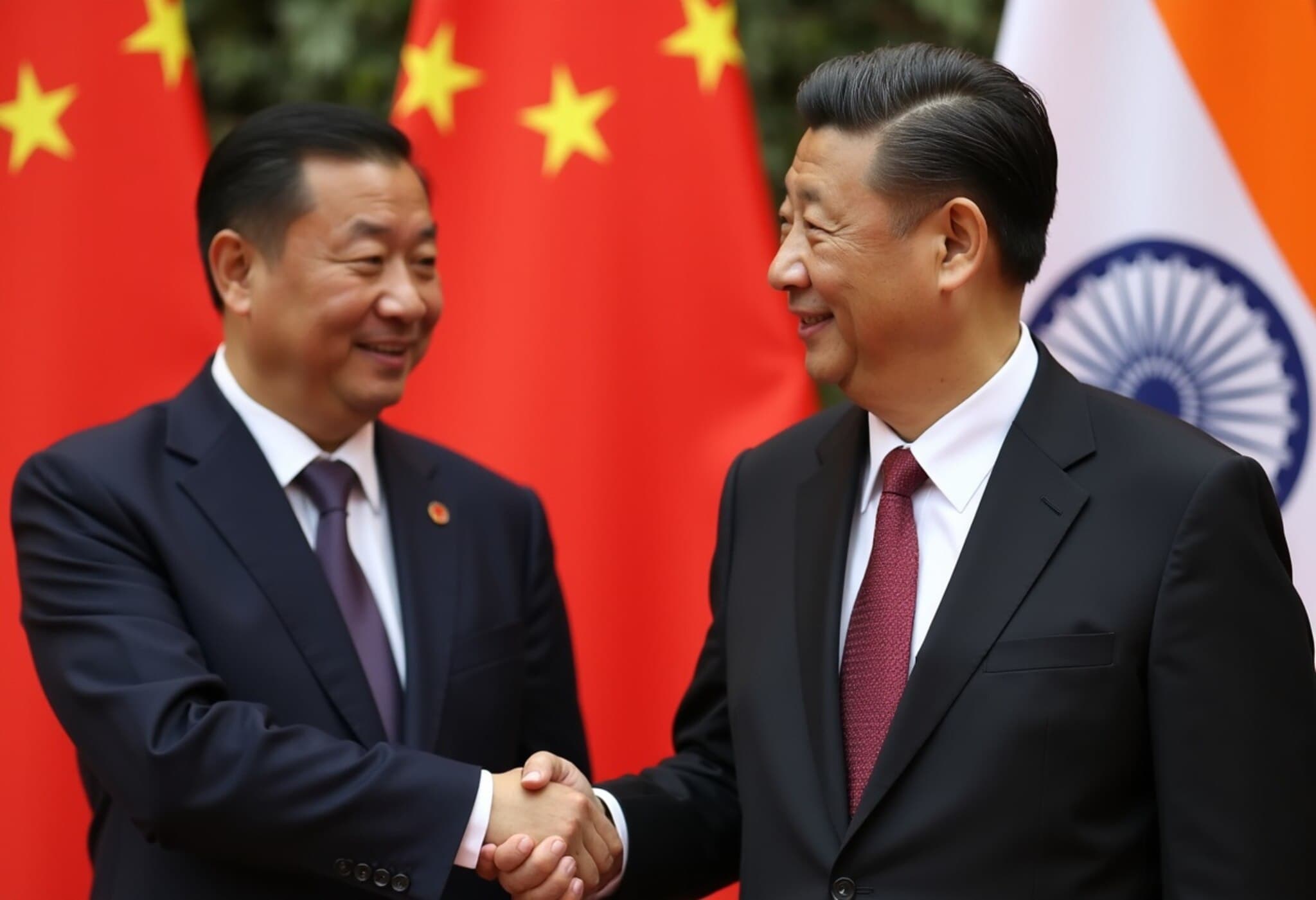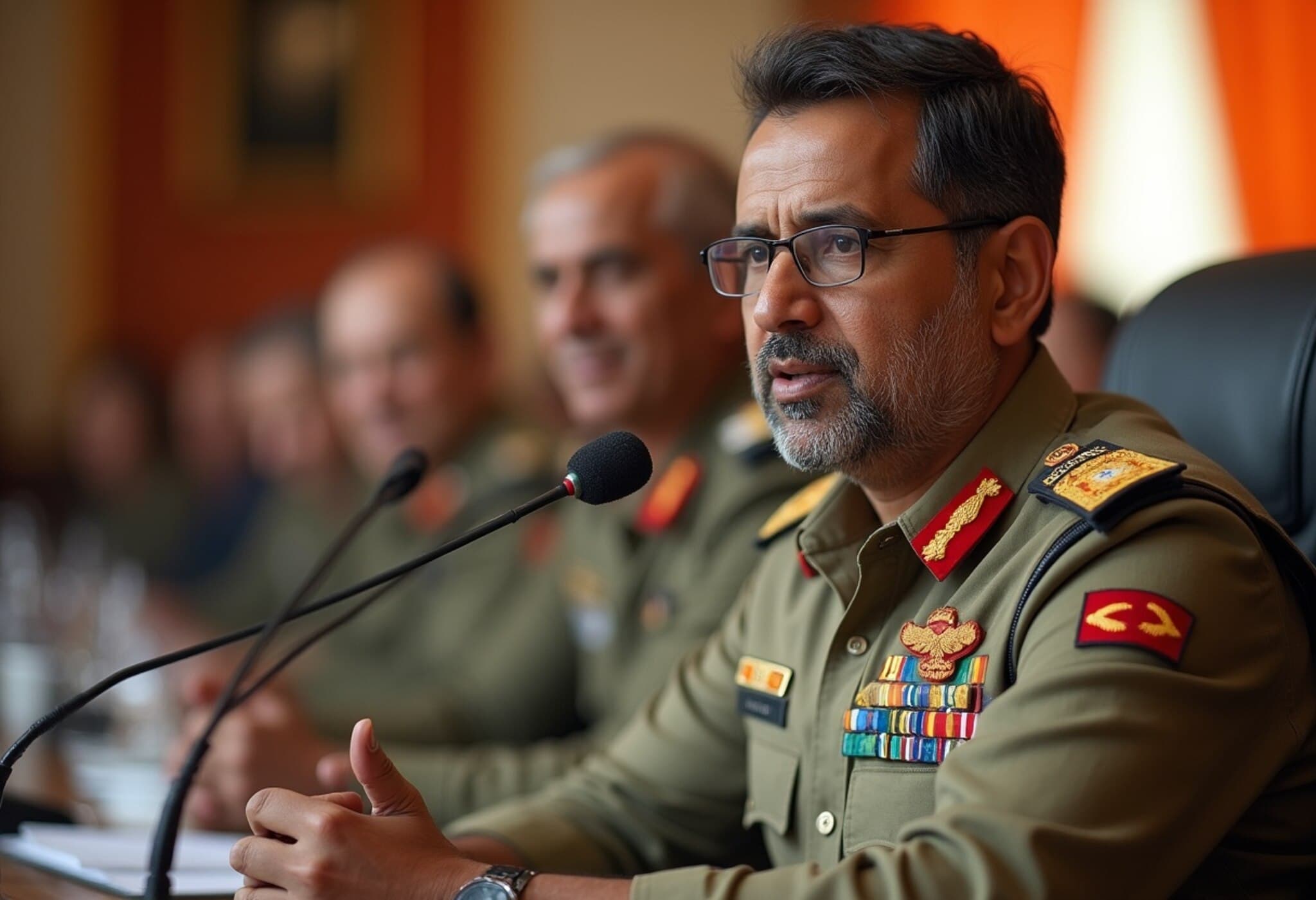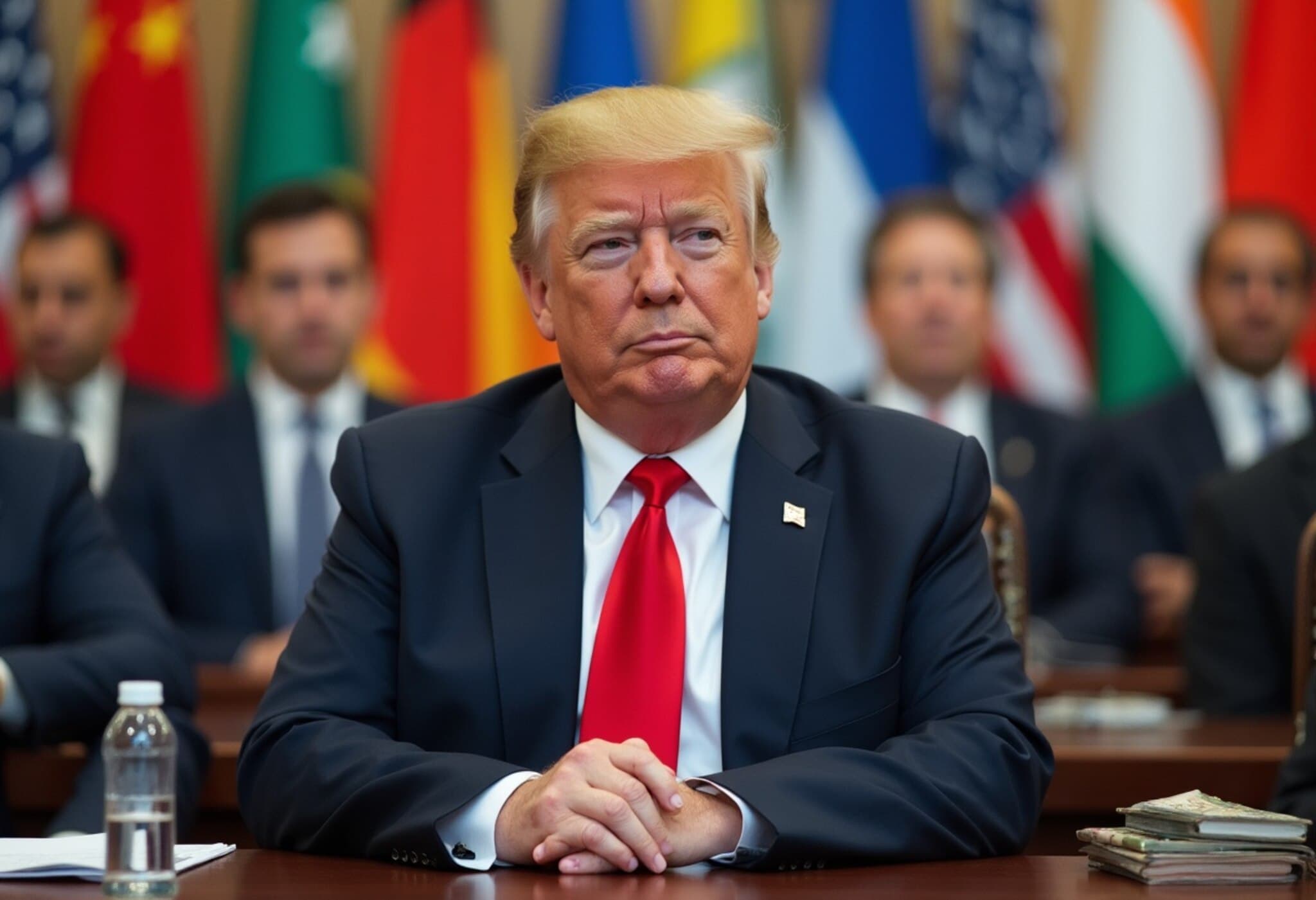BRICS Summit 2025: Unified Stand Against Terrorism
In a significant display of global solidarity, the leaders of BRICS — the influential economic bloc uniting Brazil, Russia, India, China, South Africa, and new member states — came together at their 17th annual summit in Rio de Janeiro on July 6, 2025, to strongly condemn the brutal terror attack in Pahalgam, Jammu and Kashmir.
The tragic assault on April 22, which claimed the lives of 26 innocent civilians, resonated deeply throughout the summit discussions. The leaders issued a joint declaration labeling the act as “criminal and unjustifiable,” stressing their resolve to combat all manifestations of terrorism, regardless of geography or motivation.
BRICS’ Unified Declaration: A Call for Global Cooperation
The leaders underscored the urgent need for global cooperation and adherence to international law in combating terrorism, specifically spotlighting:
- Combating cross-border terrorist movements and dismantling safe havens
- Cutting off terrorism financing channels worldwide
- Ensuring no tolerance for terrorism and rejecting double standards
- Emphasizing each nation's primary responsibility in addressing terror threats
- Respecting the United Nations Charter in all counterterrorism efforts
This firm stance from BRICS is particularly notable given the bloc’s significant representation — approximately 49.5% of the global population and nearly 40% of global GDP — giving these commitments substantial geopolitical weight.
PM Narendra Modi’s Expansive Call to Action
Prime Minister Narendra Modi personally denounced terrorism with sharp clarity, stating that victims and supporters of terror cannot be treated with equal leniency. His remarks struck a chord amid persistent challenges within the UN Security Council, where efforts to sanction Pakistan-based terrorists have repeatedly been stymied, notably by China’s refusals.
“For personal or political gain, giving silent consent to terrorism, supporting terror or terrorists, should not be acceptable under any circumstances,” said PM Modi. “There should be no difference between words and actions regarding terrorism. If we cannot do this, then the question naturally arises: Are we truly committed to eradicating terrorism or not?”
His call for unequivocal sanctions underscores the urgency of coordinated global pressure on terror groups and their backers, which many analysts say is crucial to breaking the cycle of violence in conflict-prone regions like Kashmir.
Why the BRICS Statement Matters
The BRICS bloc’s collective rebuke of the Pahalgam attack represents more than just diplomatic rhetoric: it signals a growing recognition among emerging powers that terrorism remains a mutual threat demanding unified countermeasures. Given BRICS nations’ rising economic and political leverage, their joint commitment may influence broader international counterterrorism strategies, including at the United Nations.
Moreover, this declaration arrives at a time when global consensus on terrorism is often fragmented by political interests. The explicit rejection of “double standards” echoes a call for consistent and transparent application of counterterrorism norms — a stance that could reshape how the international community addresses state-sponsored terrorism and safe havens.
Looking Ahead: Challenges and Reflections
The summit's discussions extended beyond terrorism, touching on other global challenges, yet the spotlight remained firmly on securing a safer future through collaborative international action.
However, the path from declaration to effective action is complex. Analysts caution that while BRICS’ condemnation is a diplomatic victory, holding states accountable—especially in geopolitically sensitive regions—requires persistent multilateral engagement, transparency, and enforcement mechanisms.
For the United States and other Western democracies, this BRICS statement could serve as both a bridge and a challenge: fostering dialogue with emerging powers on shared security interests while addressing divergent perspectives around terrorism and sovereignty.
Editor’s Note
This unified condemnation of terrorism by BRICS leaders marks a pivotal moment, reflecting both the growing global influence of emerging economies and the imperative for coordinated efforts against violence. Yet, it raises pressing questions: Will this diplomatic consensus translate into concrete actions that transcend geopolitical rivalries? How can the international community ensure accountability without political biases? As terrorism adapts and evolves, so too must global cooperation, balancing realpolitik with justice and security.
The Pahalgam attack is not just an isolated tragedy but a stark reminder that in today’s interconnected world, combating terrorism requires unwavering commitment, shared responsibility, and above all, consistency between words and deeds.
By highlighting these broader implications, we gain a richer understanding of the stakes involved—both for the region of Kashmir and the world at large.

